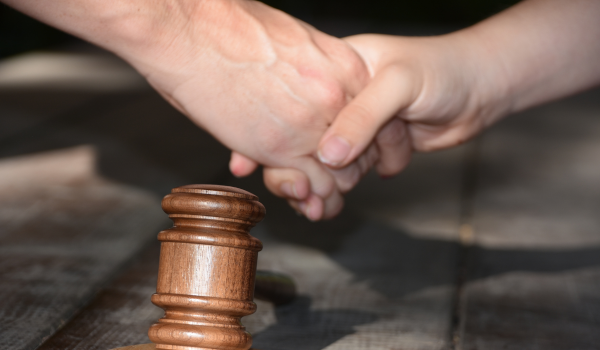
In today’s connected world, it’s second nature to share updates, photos, and opinions online. But if you’re pursuing a personal injury claim in Florida, what you post on social media could seriously damage your case. Insurance companies and defense attorneys often monitor claimants’ social media activity in search of content that can be used to deny or reduce compensation.
Here’s what you need to know about how social media can affect your personal injury claim—and how to protect yourself.
How Social Media Posts Can Be Used Against You
Even seemingly innocent posts can be taken out of context or used to challenge the severity of your injuries. Examples include:
- Photos or videos that show you engaging in physical activity while claiming injury
- Check-ins at events or locations that suggest you’re not in pain or emotionally distressed
- Comments or jokes about the accident, injury, or lawsuit
- Statements that contradict your legal testimony or medical reports
Remember: Anything you post publicly can potentially be used as evidence.
Insurance Companies Are Watching
It’s common practice for insurance adjusters and defense attorneys to:
- Search your name and accounts for photos, videos, and comments
- Review tagged photos posted by friends or family
- Monitor your activity during the life of your claim
Even private posts may be accessed through subpoenas or by viewing content shared by mutual connections.
What You Should Avoid Posting
- Details about your accident or injuries
- Updates on your recovery or treatment
- Venting or emotional rants about the case
- Photos that suggest physical well-being or travel
- Interactions related to the lawsuit
Smart Social Media Habits During a Personal Injury Case
- Set your accounts to private (though even private posts may be discoverable)
- Limit activity while your case is pending
- Ask friends and family not to tag you or post about you
- Avoid accepting friend requests from people you don’t know personally
- Talk to your attorney before posting anything that could relate to your case
Did You Know?
Florida courts have ruled that social media content is admissible as evidence in personal injury lawsuits if it’s relevant to the case. That includes deleted posts, archived content, and private messages.
Legal Advice
- Think before you post: If it could be misinterpreted or raise doubts, don’t share it.
- Be consistent: Your social media activity should not conflict with your claim.
- Avoid deleting posts without legal guidance: It could be seen as destroying evidence.
- Consult with your attorney: They can advise on best practices and protect your privacy rights.
At Kemp Law Group, we know how a single social media post can impact the outcome of your case. We guide our clients on every aspect of the legal process—including what to say and what to avoid online.
📞 Call us at 727-847-4878 or visit https://kemplaw.com/ for a free consultation and personalized legal guidance.





